Hard tiles like travertine are made to withstand impact without damage, cracks or scratches.
Over time, an erosive change can occur, but due to the natural and unique nature of each piece of porcelain travertine tiles this not only does not cause rust, but also portrays ancient architecture.
With the polishing materials in synthetic tiles, there is a greater chance of scratches, while natural tiles are more resistant to damage and scratches.
Long-term quality: Regular care and maintenance of travertine tiles is required, especially when the tiles are used as flooring.
The lifespan of these tiles may be for decades.
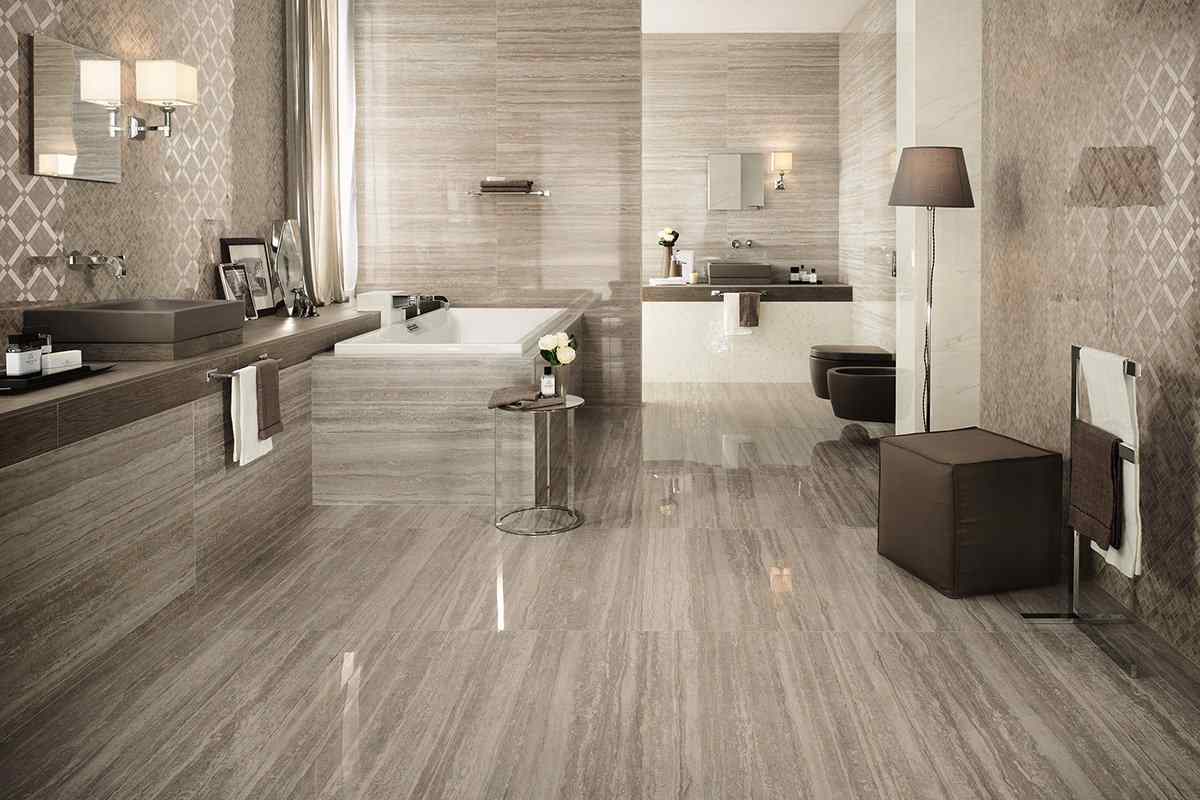
The effect that occurs over the years is often attractive, but if you want, you can prevent the rusting factor by using a series of periodic repairs.
Ease of repair: Because travertine comes in the same size as tile molds, when a particular piece breaks, it can be removed and replaced.
If you are thinking of buying this tile, be sure to keep a few extra tiles for repairs.
Cooling:
Like most solid stone materials, travertine floors retain heat well, but are still cold.
On cold mornings, the floor can easily get cold on bare feet.
You can minimize this problem with small rugs placed in the required areas.
Keep in mind that travertine tiles are a suitable option for flooring on underfloor heating systems.
When the tile is heated it is an excellent conductor (rather than an insulator) of heat to heat the room.

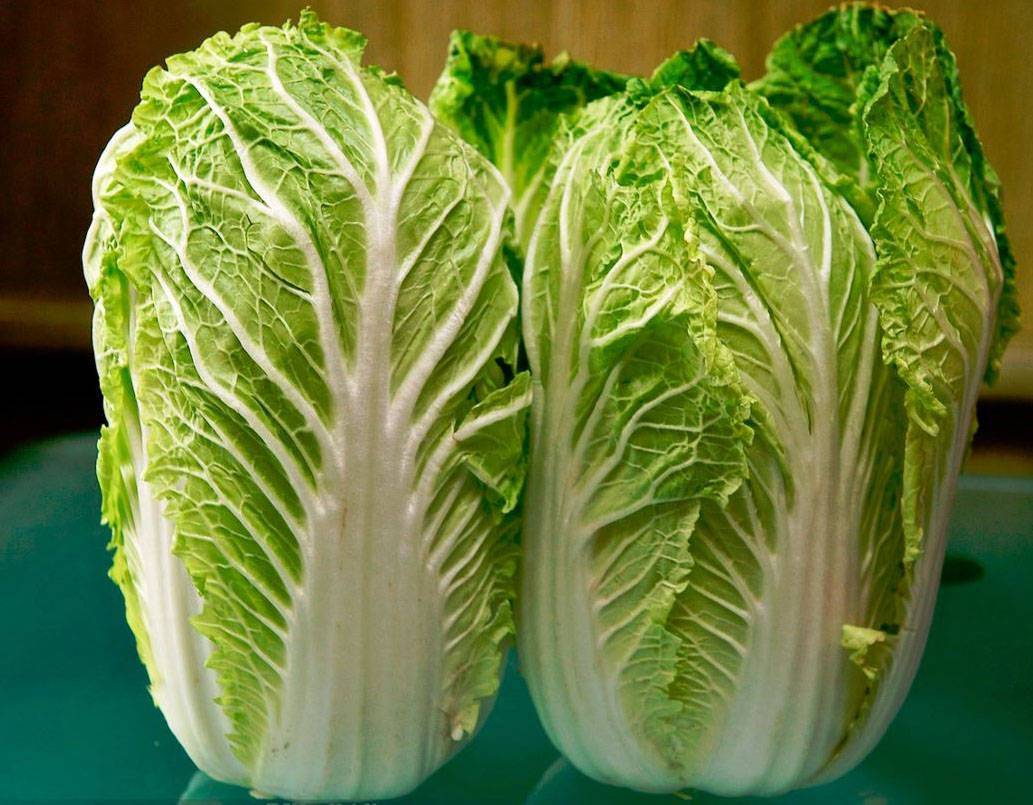
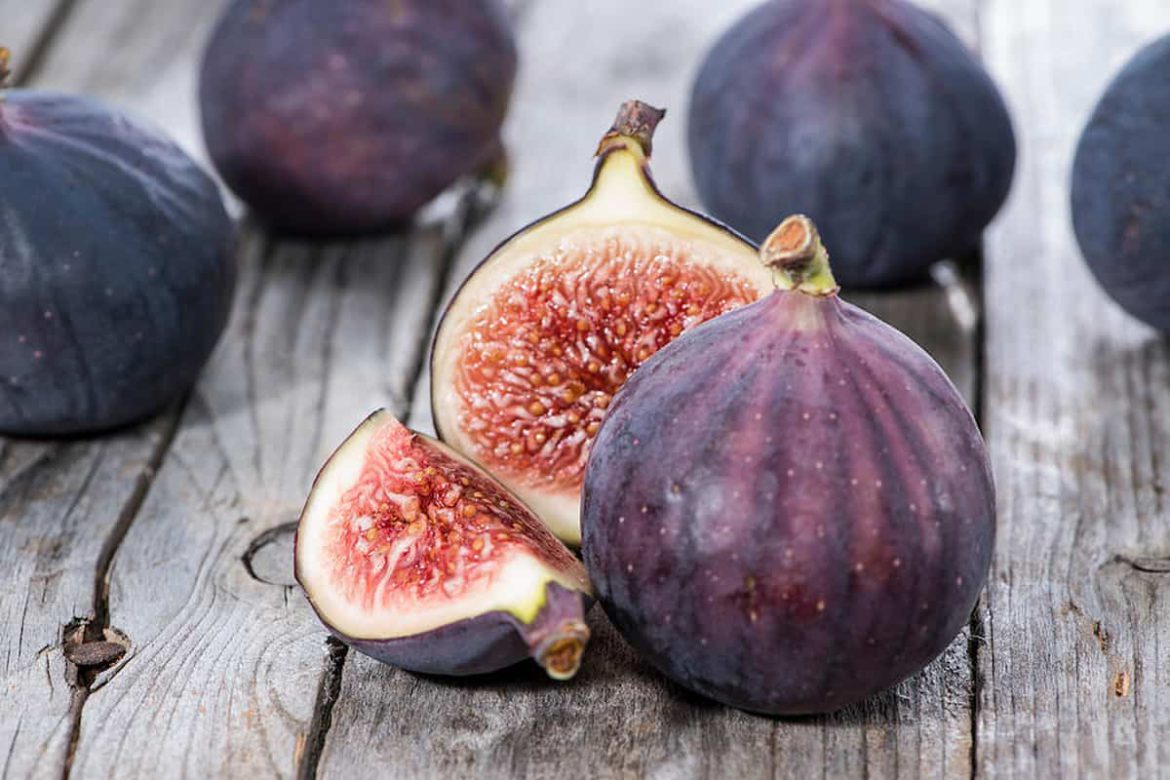

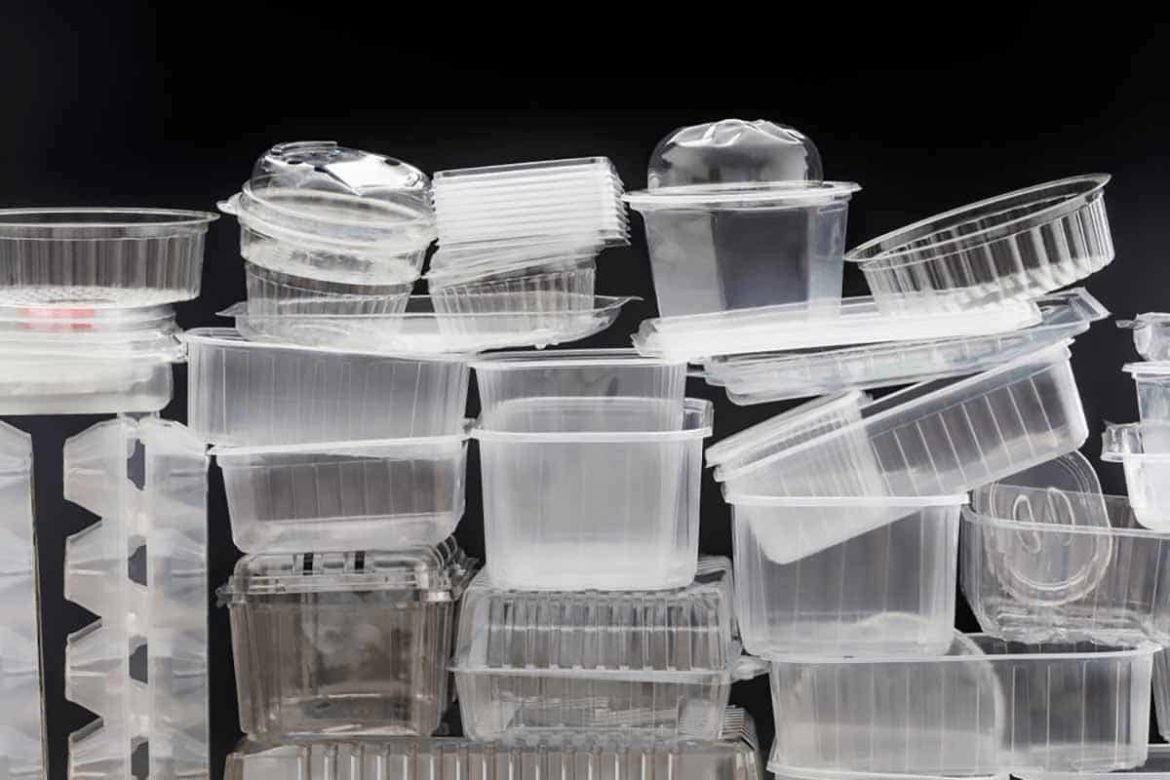
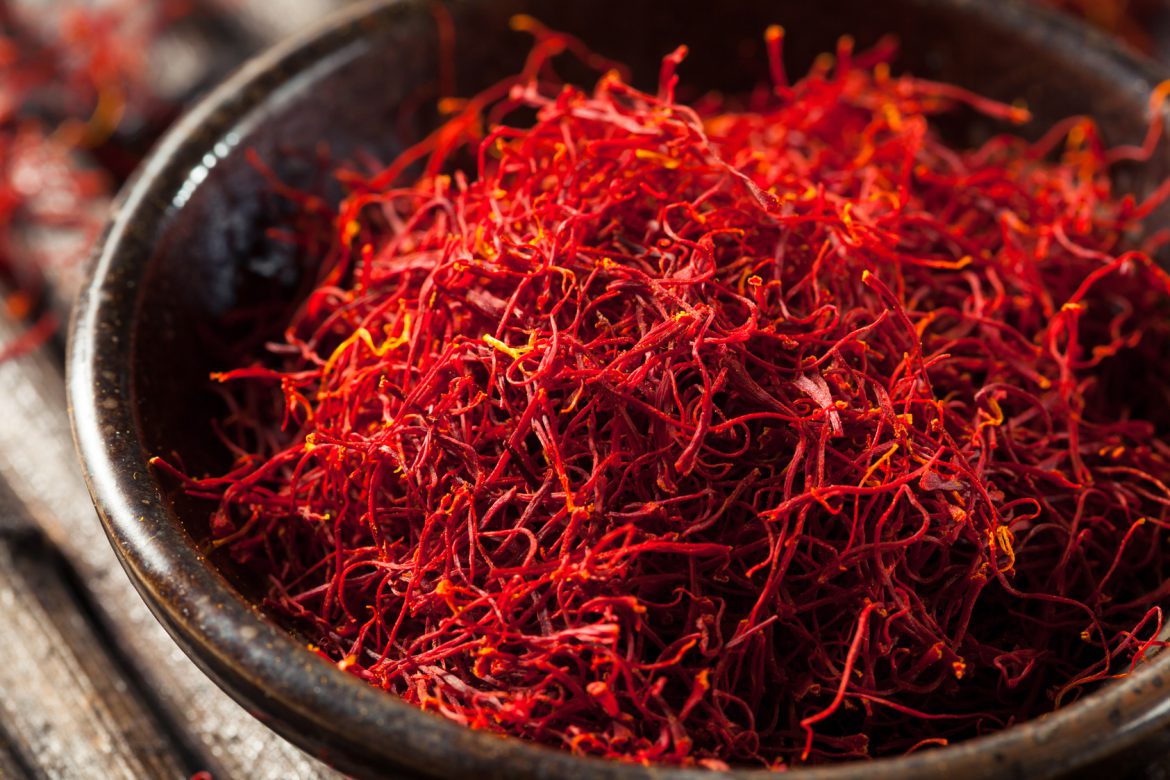
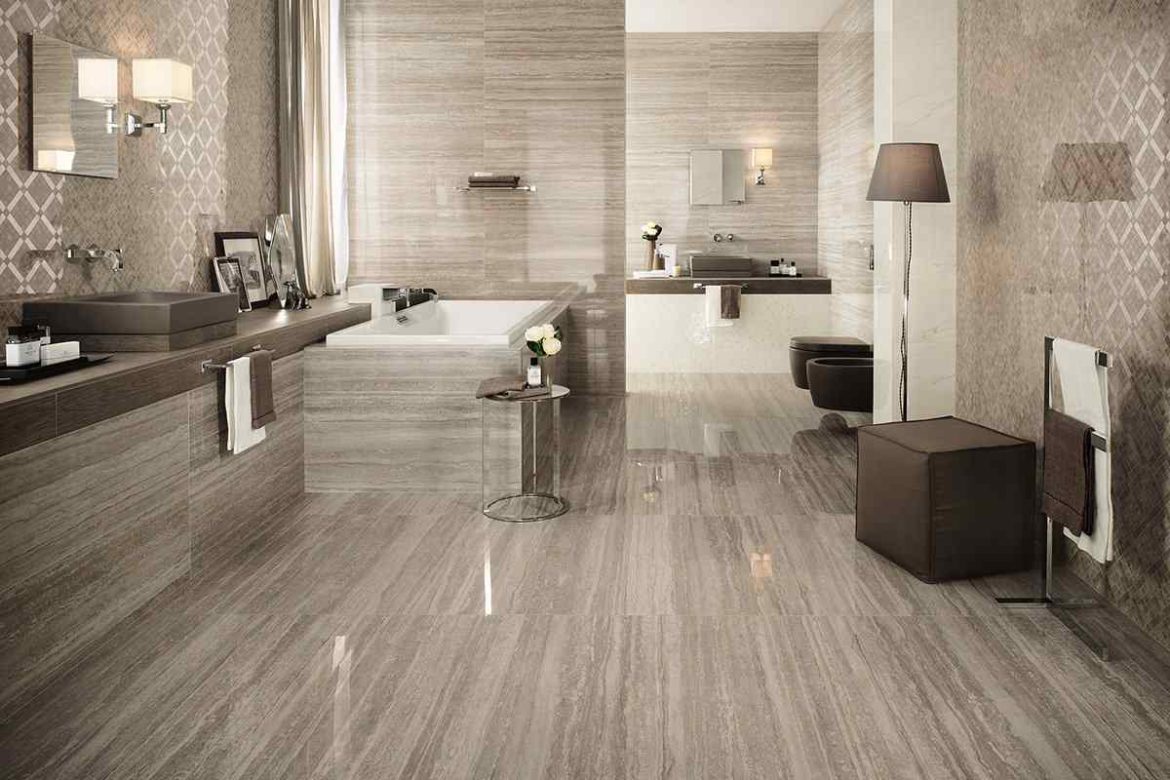
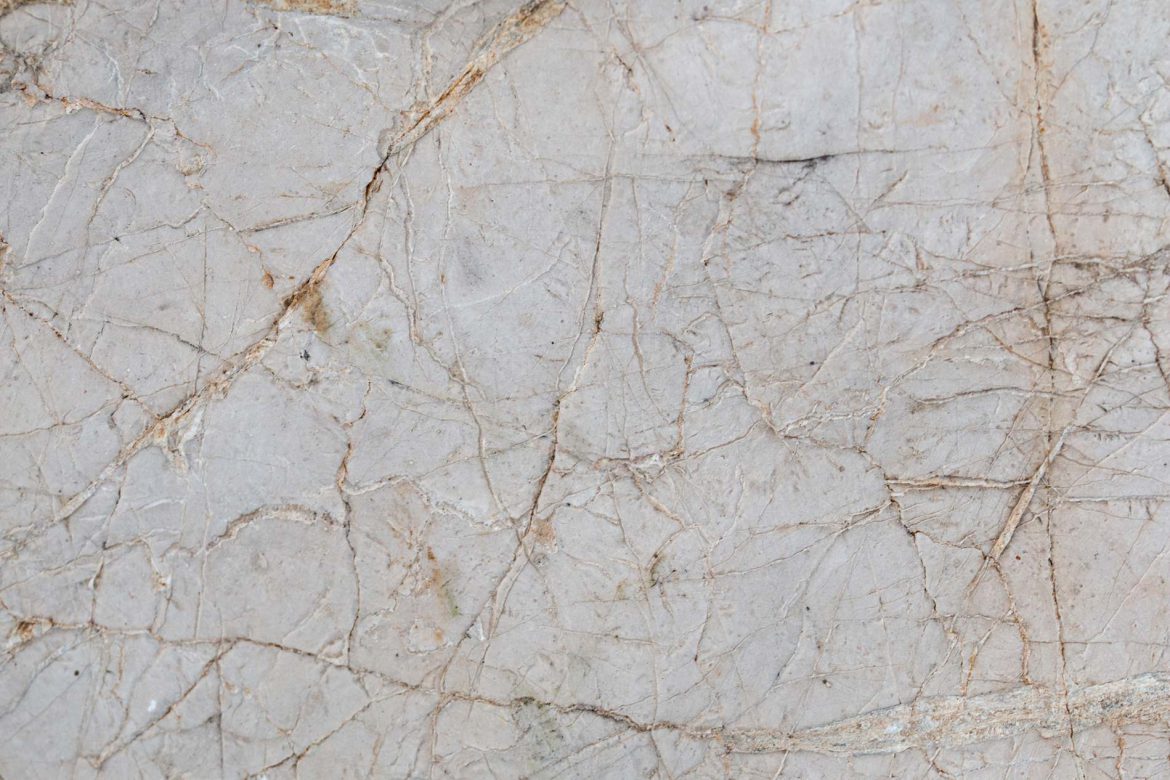
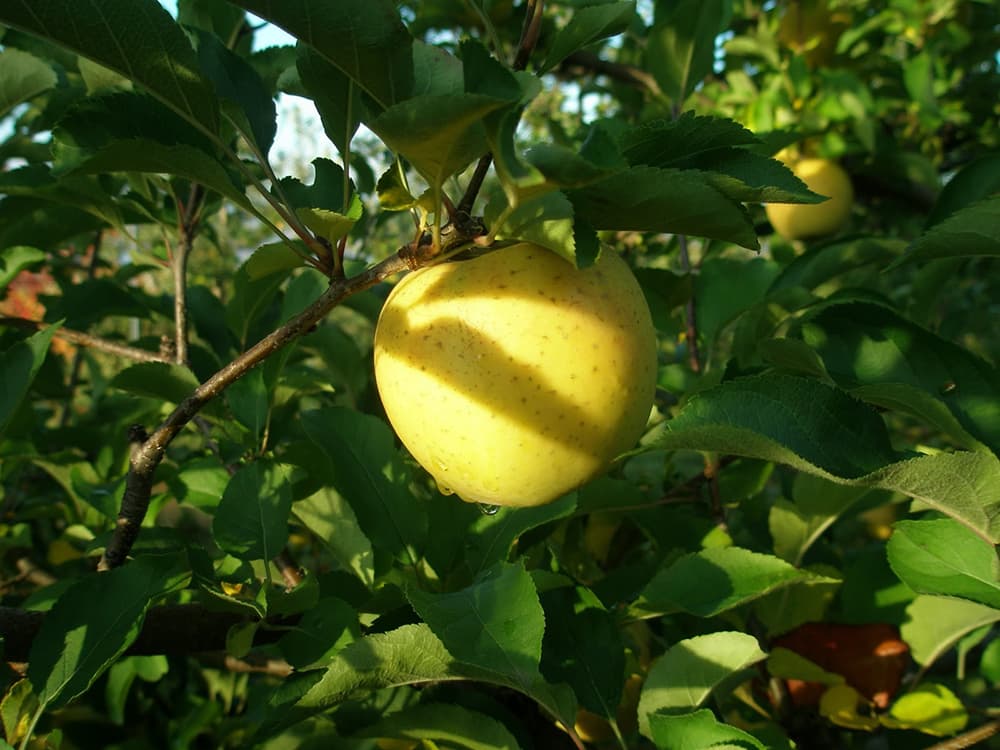
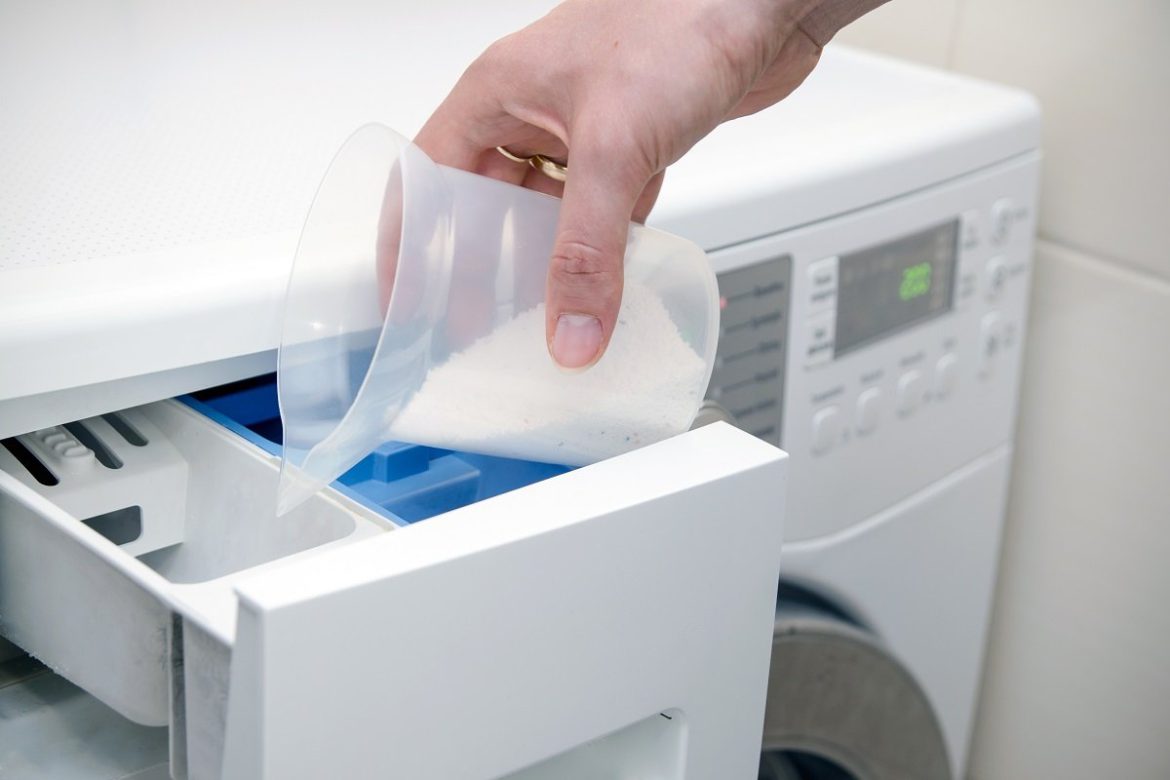
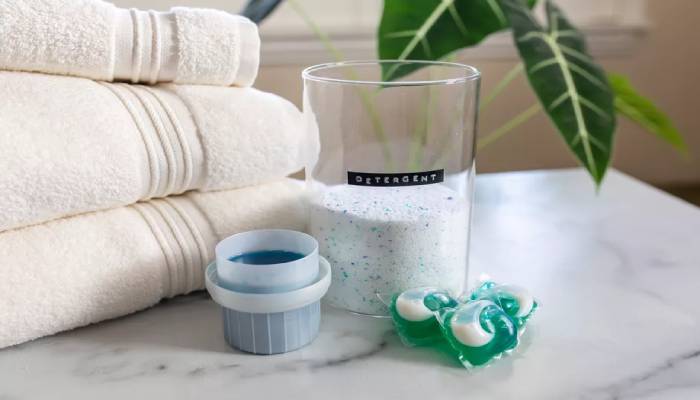
Your comment submitted.